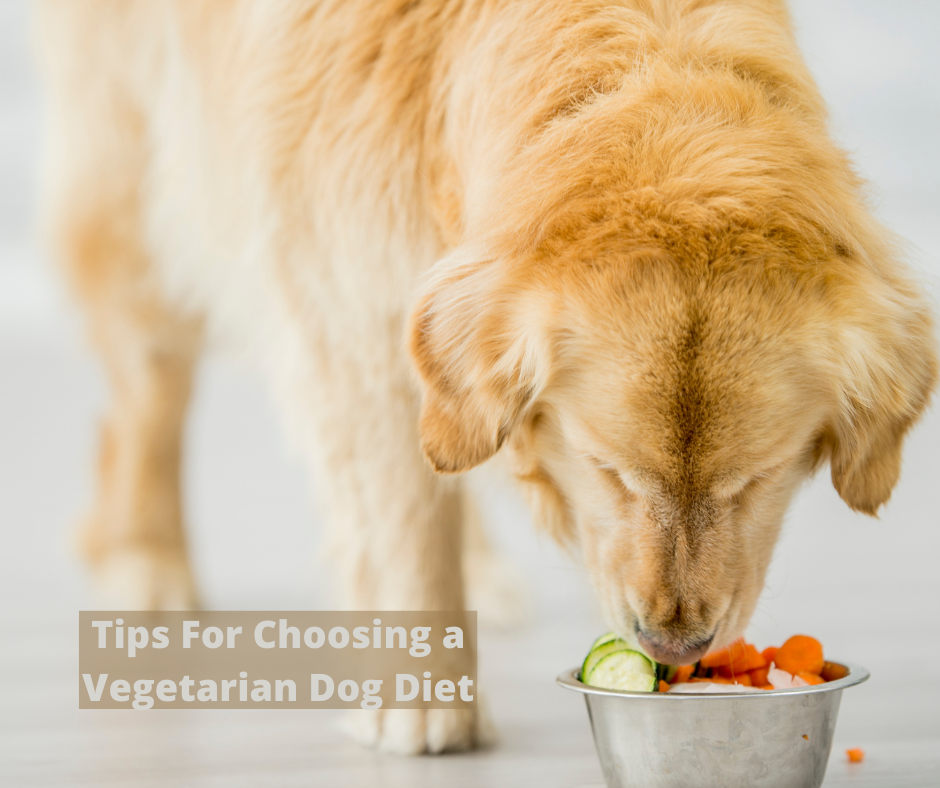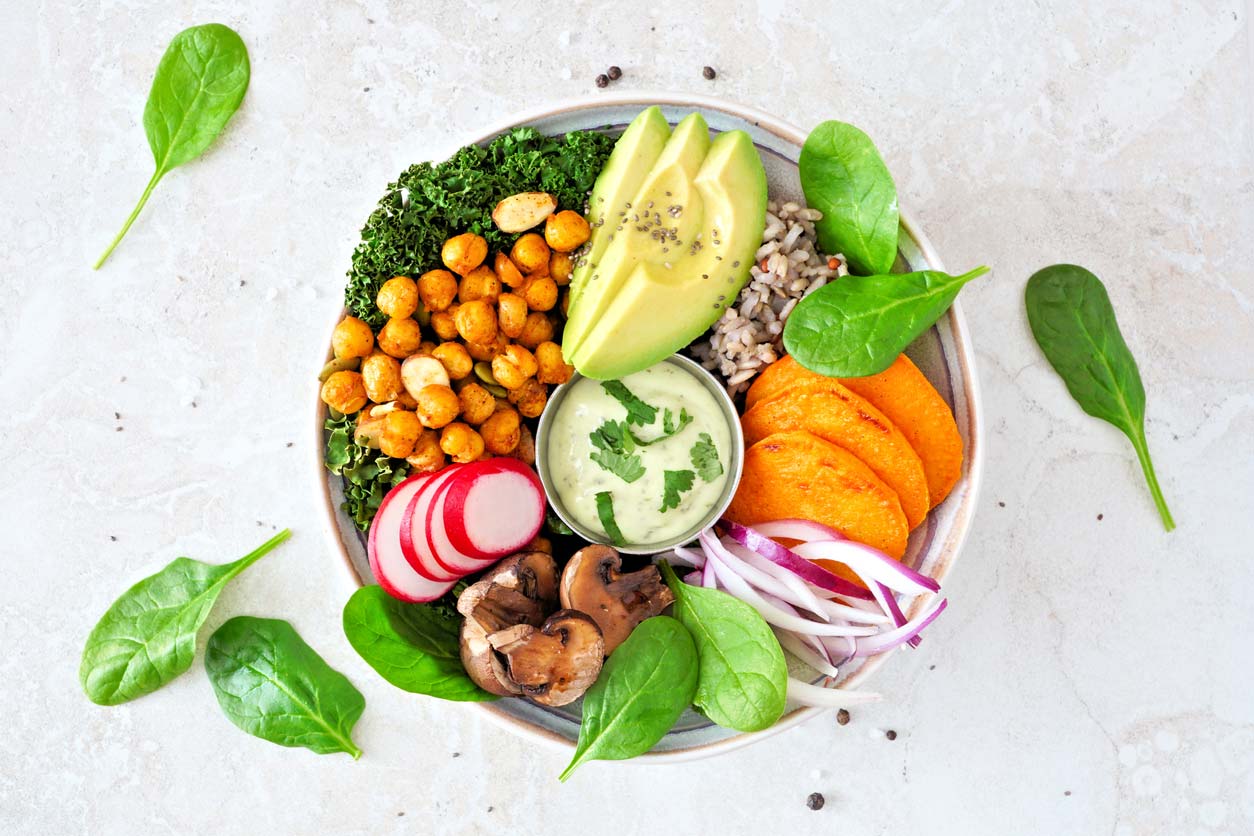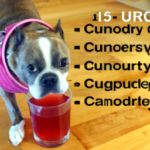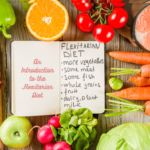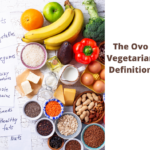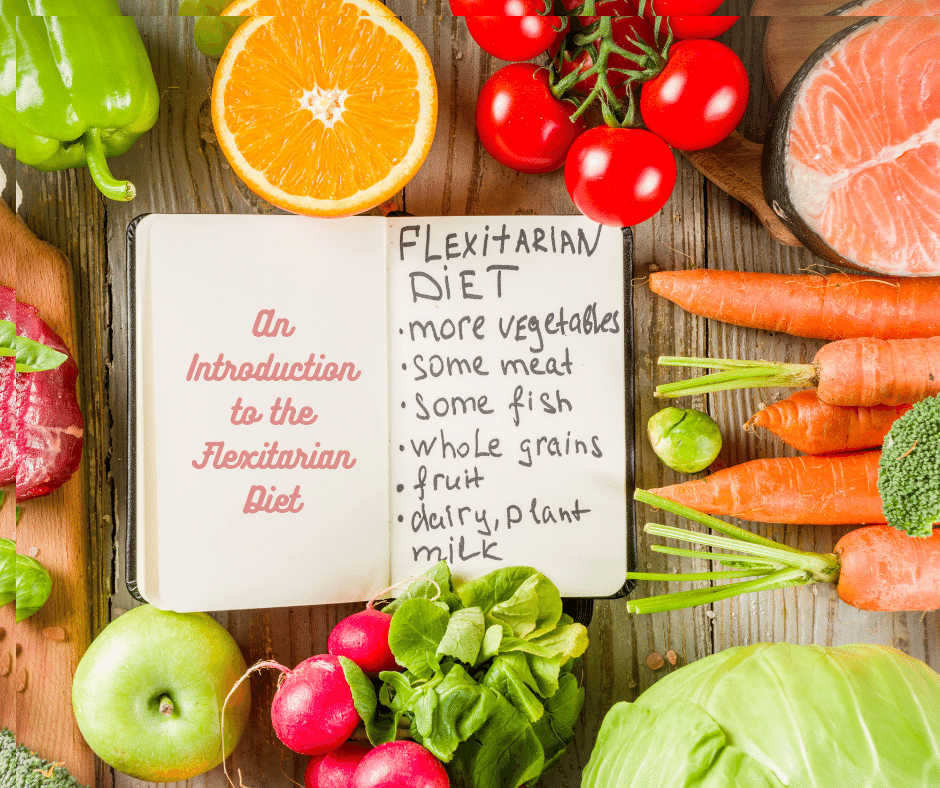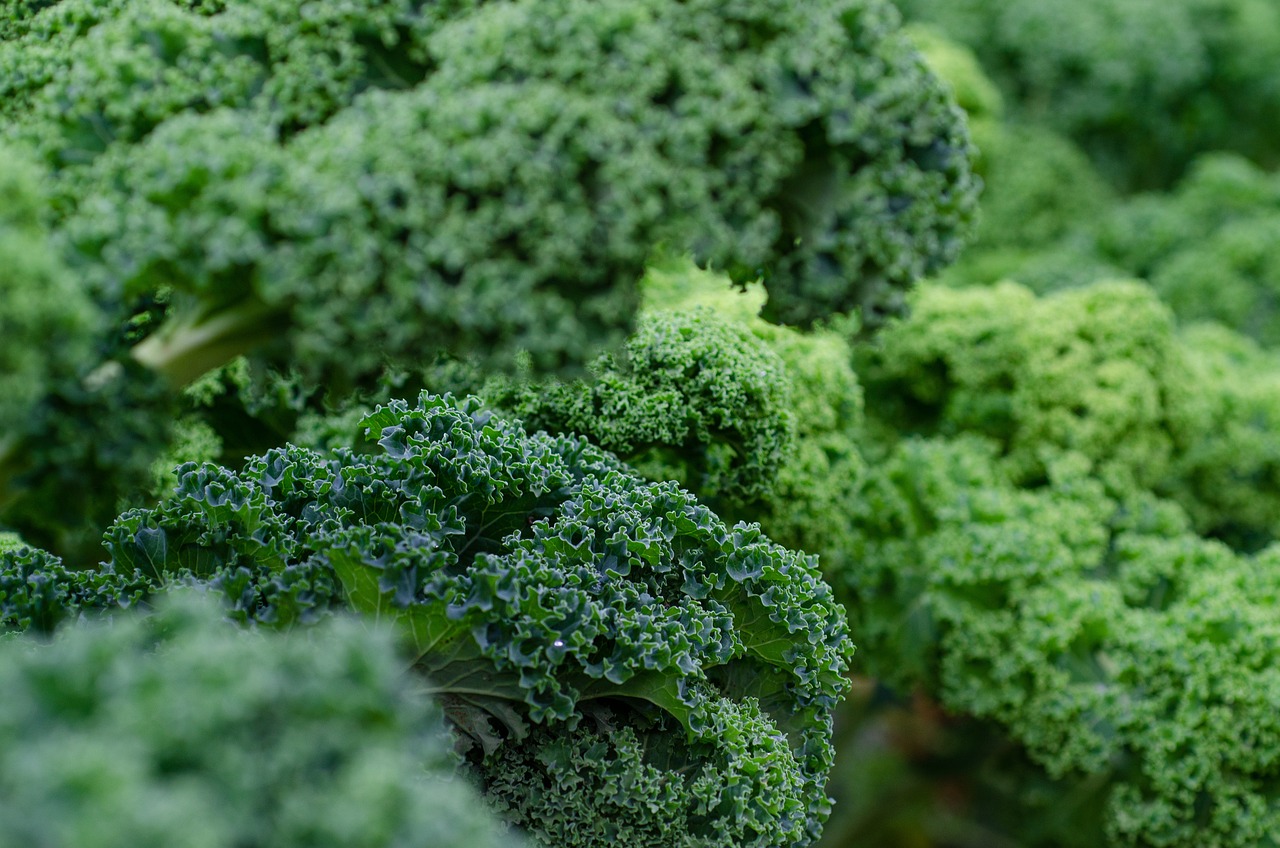Many people probably think of meat as a fundamental component of a dog’s diet, given that dogs are carnivores. This perspective is based on the idea that dogs need meat to stay healthy. Yet, despite their carnivorous background, dogs can flourish on a plant-based diet. There are several benefits to feeding your dog a vegetarian diet. Meat-based diets often come with high amounts of fat and cholesterol, which can lead to overweight issues and other health problems. Conversely, vegetarian diets tend to have lower fat and cholesterol levels, helping to keep your dog’s weight in check and promoting their general health.
Additionally, vegetarian diets can be easier on the environment since they require less land and water to produce. So, if you’re looking for a way to help your dog live a long and healthy life, consider switching to a vegetarian diet. Who knows, you might even enjoy the benefits yourself!
Tips For Choosing a Vegetarian Dog Diet
A vegetarian dog diet is a delicious choice for your furry friend. A vegetarian dog diet contains no meat, dairy products, eggs, or other animal parts. Your dog will receive more nutrition and less waste, as vegan foods are more nutritionally dense.
However, you should be careful when choosing a vegetarian diet for your dog, as it can be challenging to find a balanced diet that doesn’t contain meat. Here are some tips to help you make the switch.

Avoiding Animal Products in A Dog’s Diet
A veterinarian recommended avoiding meat, dairy, and eggs in Cleo’s diet. She wanted to know whether her dog’s chronic ear infections were due to a food allergy. Shelley Boyle, her dog’s owner, was a vegan for nearly two years. She had cut out these items for health and ethical reasons. But she had never considered aligning her dog’s diet with hers.
However, animal-based commercial diets for dogs are highly unhealthy. In addition, there are many animal products found in the food. To ensure your dog’s diet is balanced and complete, consult a vet and a canine nutritionist. This way, you’ll be able to make a more informed decision. And don’t forget to have fun as you learn more about your pet’s needs.
Alternatives to Meat in A Dog’s Diet
If you’re considering changing your dog’s diet, you should know about the many benefits of replacing meat in his or her meals. Not only is meat very nutritious, but it also provides essential vitamins and minerals. If you can’t give up beef, then consider substituting lamb. It’s cheaper and easier to come by in some parts of the country, and your dog might even prefer the taste.
Alternatively, you could make your vegan burgers with vegetables. You’d need to make sure you avoid any meat-containing ingredients, such as onions or garlic. Some vegetables are toxic for your dog, so avoid these when possible. In addition to that, avoid adding “natural flavors” to meat products. In addition, avoid adding garlic and onions to your dog’s food. These ingredients can also cause anemia.
Adding Fruits and Vegetables to A Vegetarian Dog’s Diet
Adding fruits and vegetables to a vegetarian-style dog’s diet can help protect your pet from various illnesses, including bladder cancer and kidney disease. You can also cook these vegetables in large batches for convenient mealtimes. You can also freeze the pureed vegetables in ice cube trays for your dog to consume in an emergency.
However, remember that vegetables should not be the main component of your pet’s diet. In excess, they can affect your dog’s intestinal flora, increase alkalinity, and cause problems with your pet’s kidneys.
Added fruits and vegetables to a vegetarian dog give your pet a fresh taste. Still, they are also packed with vitamins and antioxidants that fight cancer-causing free radicals and abnormal cell growth. Besides providing essential nutrients to your dog, they can also boost their immune system. These nutrients make it smart to add fruits and vegetables to your dog’s diet. Here are some of the benefits:
Supplements to A Vegetarian Dog’s Diet
Vegetables, including carrots, broccoli, and squash, are excellent sources of vitamins, minerals, enzymes, and fiber. To enhance the flavor of these vegetables, cook them in water or blend them. Other vegetable products to consider include cooked pumpkin, lentils, or quinoa.
These can be mixed with a liquid food supplement called Flourish Plant Based. Fresh minced vegetables containing zinc, alfalfa, and kelp can also supplement the diet.
Vitamin A, another essential nutrient for vegetarian dogs, is found in animal products and plays a vital role in skin and eye health. Dogs can produce vitamin A from plant foods like beta-carotene. Commercial vegetarian dog food products usually contain vitamin A, but you can also buy supplements from a vegan source. These products should have the same amount of Vitamin A and E as a meat-free diet.

Safety of A Vegetarian Dog’s Diet
A growing body of evidence indicates that a vegetarian diet is safe for dogs and cats. The diet can reduce gastrointestinal disorders and improve the health of dogs and cats that exercise vigorously. However, the diet must be nutritionally complete and balanced to be effective.
Owners should ensure that it is adequately balanced in terms of protein, fat, carbohydrates, and vitamins and minerals. Vegetarian dog food may require the use of dietary supplements. These supplements are available in commercial forms and recipes for formulation and baking.
A recent study showed that dogs fed a vegan diet were at lower risk for urinary tract infections and dilated cardiomyopathy. A lack of amino acids may lead to these health issues. Commercial dog foods often strip taurine and L-carnitine from meat. While commercial dog foods are not entirely vegetarian, some companies have added taurine and L-carnitine to their formulas, boosting the nutritional value of their products.
Conclusion
A vegetarian diet is a healthy option for dogs, as it can reduce gastrointestinal disorders and improve the health of dogs that exercise vigorously. However, the diet must be nutritionally complete and balanced to be effective. Owners should ensure that it is adequately balanced in terms of protein, fat, carbohydrates, and vitamins and minerals. Vegetarian dog food may require the use of dietary supplements. These supplements are available in commercial forms and recipes for formulation and baking.
Aurelia is the Editor-in-Chief of The Graceful Kitchen, a vegan lifestyle blog that focuses on delicious, nutritious, and ethical eating. A lifelong vegan, Aurelia is passionate about sharing her love of plant-based cuisine with others. She is a regular contributor to several online and print publications, and has been interviewed by major news outlets about the benefits of a vegan diet. In her free time, Aurelia enjoys cooking, hiking, and spending time with her cats.
